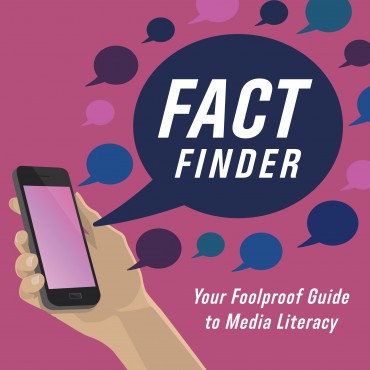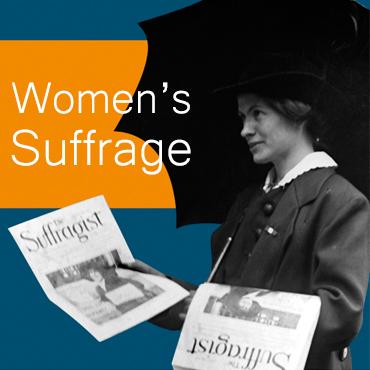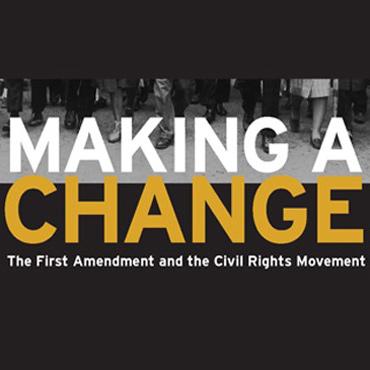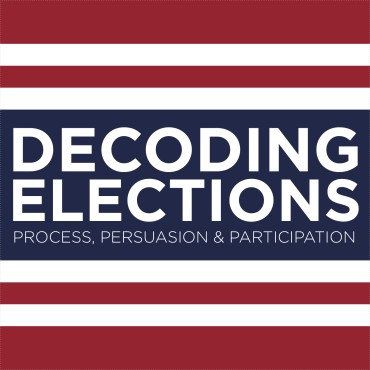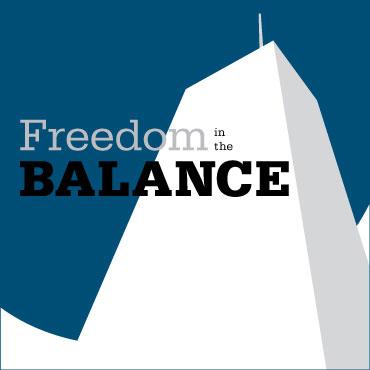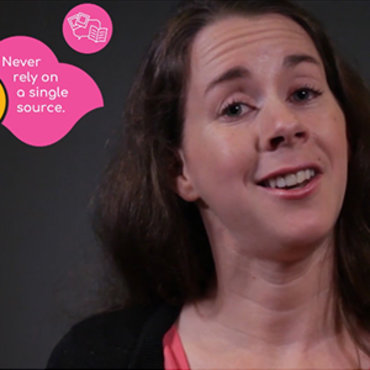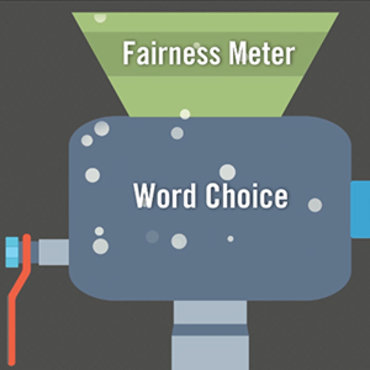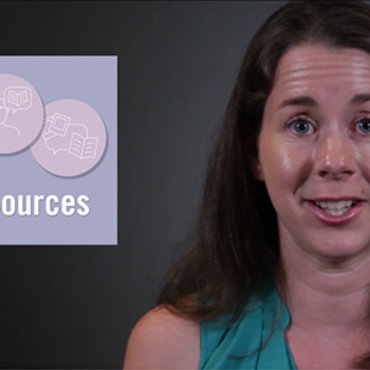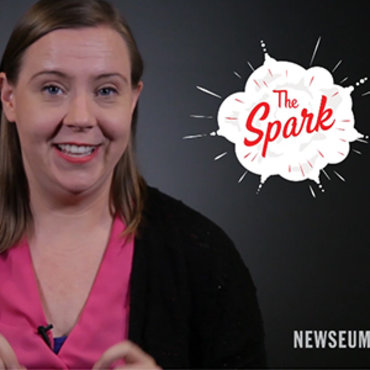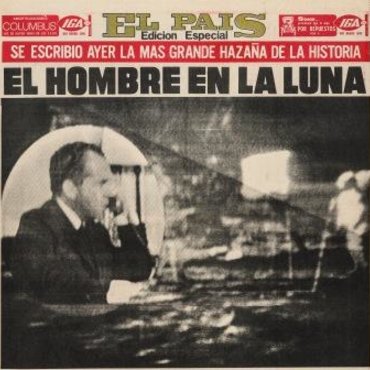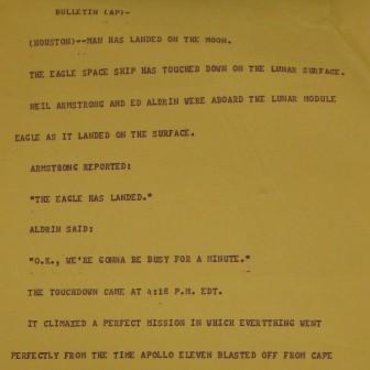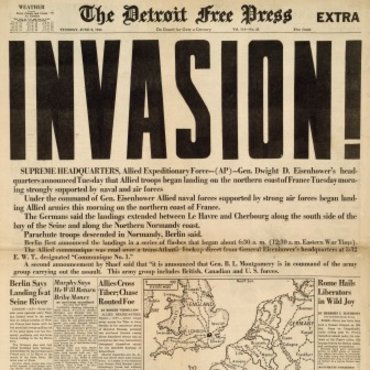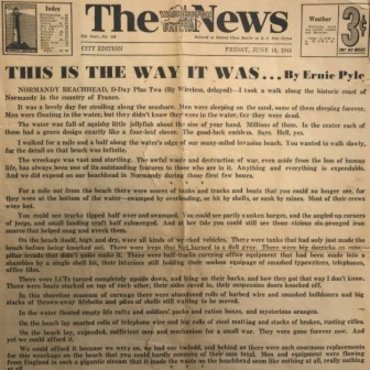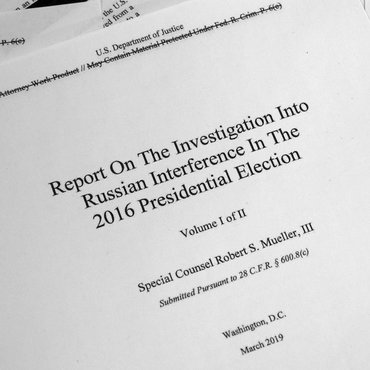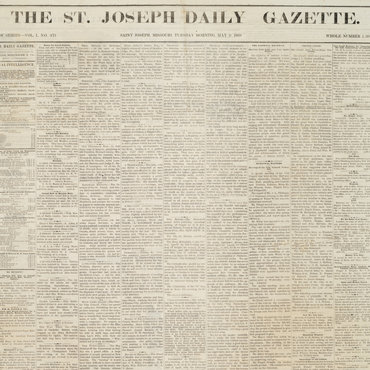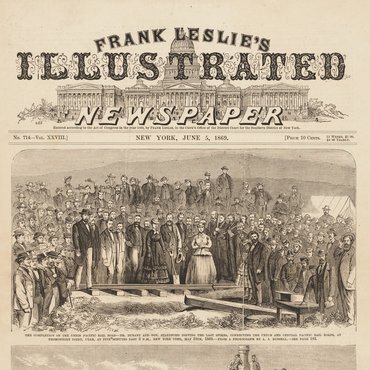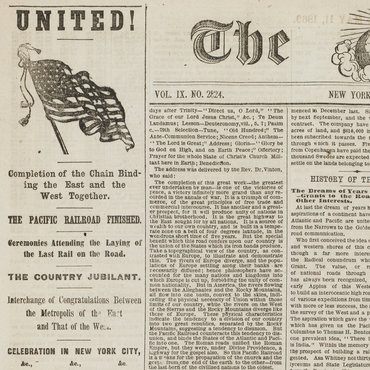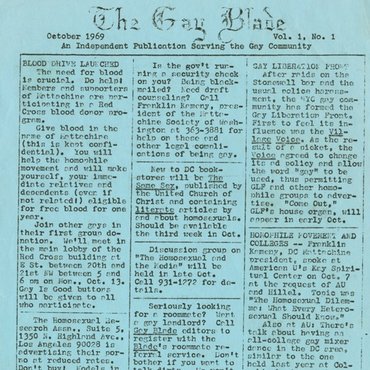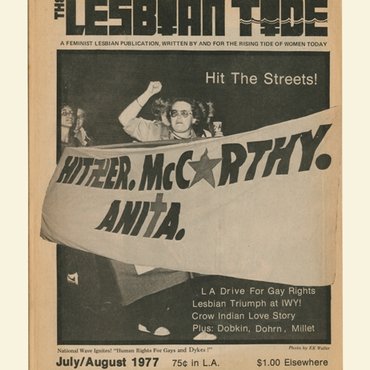
Lesson Plan
E.S.C.A.P.E. Junk News
Students learn a handy acronym to help them remember six key concepts for evaluating information, then test the concepts in teams. (Poster also available for download in French, Japanese, Spanish and Ukrainian.)
Get even more great free content!
This content contains copyrighted material that requires a free NewseumED account.
Registration is fast, easy, and comes with 100% free access to our vast collection of videos, artifacts, interactive content, and more.
Sign Up
?
NewseumED is provided as a free educational resource and contains copyrighted material. Registration is required for full access. Signing up is simple and free.
With a free NewseumED account, you can:
- Watch timely and informative videos
- Access expertly crafted lesson plans
- Download an array of classroom resources
- and much more!
Duration
30-60 minutes
Topic(s)
- Journalism
Grade(s)
- 6-12
- College/University
- In advance, select a news story for students to apply the E.S.C.A.P.E. concepts to in their group activity. (Depending on your angle for this topic, you may want to choose a real news story, a fake/questionable story, or both.)
- Ask students how they determine whether information they find online is trustworthy.
- Introduce the E.S.C.A.P.E. acronym by writing the six key concepts on the board or projecting the poster. Explain that considering even one of these six concepts can help determine whether information is reliable.
- Go through the six concepts and ask students to help you define each. Then reveal/distribute the poster, including the questions to ask and steps to take to investigate each concept.
- Divide students into groups, one or two per key concept and distribute the Six Key Concepts worksheets and copies of/link to your selected news story. (Note: The concepts of audience, purpose and execution take less time to investigate, so you may want to consider pairing these with the first three concepts.) Have each group take 10-15 minutes to analyze the news story through the lens of their specific concept. This is a tight timeline, but push groups to work quickly and broadly rather than getting bogged down. (Alternatively: Have the students complete one or two concept worksheet(s) each as homework.)
- Have groups/students share their findings. As a class, decide if the story is trustworthy or not.
- E.S.C.A.P.E. Junk News poster (download), one per student
- E.S.C.A.P.E.: Six Key Concepts worksheets (download). (The number of copies will vary, depending on whether you’d prefer students work in small groups or individually.)
- A news story for students to evaluate (for real examples, download the Teacher Resource - Examples for Evaluating Online News)
- Internet access
- From one E.S.C.A.P.E. concept alone, could you make a determination about the reliability of this story? Why or why not?
- Which of these concepts do you think is the most helpful in figuring out whether information is reliable? Why?
- Which of these concepts do you think is the most difficult to understand or apply? Why?
- Did you feel you had enough time to apply your concept to this story? In real life, how could you speed up the process of evaluating information that crosses your path?
-
Common Core State Standards: CCSS.ELA-LITERACY.CCRA.R.1
Read closely to determine what the text says explicitly and to make logical inferences from it; cite specific textual evidence when writing or speaking to support conclusions drawn from the text. -
Common Core State Standards: CCSS.ELA-LITERACY.CCRA.R.8
Delineate and evaluate the argument and specific claims in a text, including the validity of the reasoning as well as the relevance and sufficiency of the evidence. -
Common Core State Standards: CCSS.ELA-LITERACY.CCRA.SL.1
Prepare for and participate effectively in a range of conversations and collaborations with diverse partners, building on others' ideas and expressing their own clearly and persuasively. -
Common Core State Standards: CCSS.ELA-LITERACY.CCRA.SL.2
Integrate and evaluate information presented in diverse media and formats, including visually, quantitatively, and orally. -
Common Core State Standards: CCSS.ELA-LITERACY.CCRA.SL.3
Evaluate a speaker's point of view, reasoning, and use of evidence and rhetoric.
-
NCSS C3 Framework: D2.Civ.8.6-8 and D2.Civ.8.9-12
6 - 8: Analyze ideas and principles contained in the founding documents of the United States, and explain how they influence the social and political system. 9 - 12: Evaluate social and political systems in different contexts, times, and places, that promote civic virtues and enact democratic principles.
-
ISTE: 3b. Knowledge Constructor
Students evaluate the accuracy, perspective, credibility and relevance of information, media, data or other resources.
-
National Council of Teachers of English: NCTE.1
Students read a wide range of print and non-print texts to build an understanding of texts, of themselves, and of the cultures of the United States and the world; to acquire new information; to respond to the needs and demands of society and the workplace; and for personal fulfillment. Among these texts are fiction and nonfiction, classic and contemporary works.

